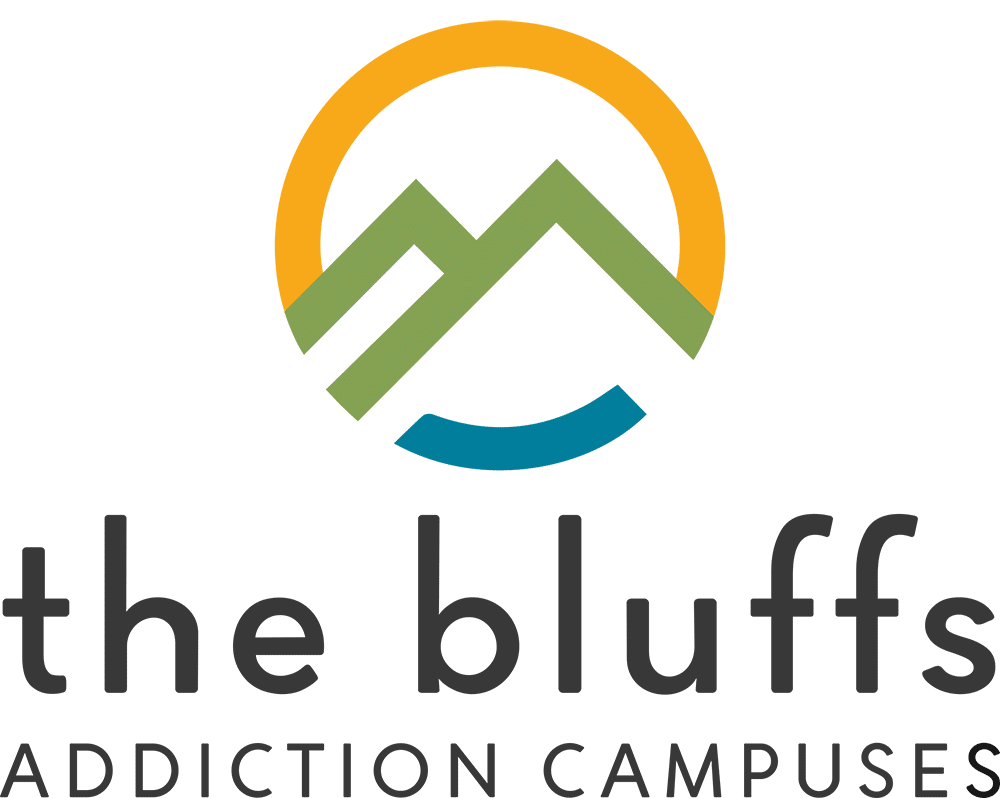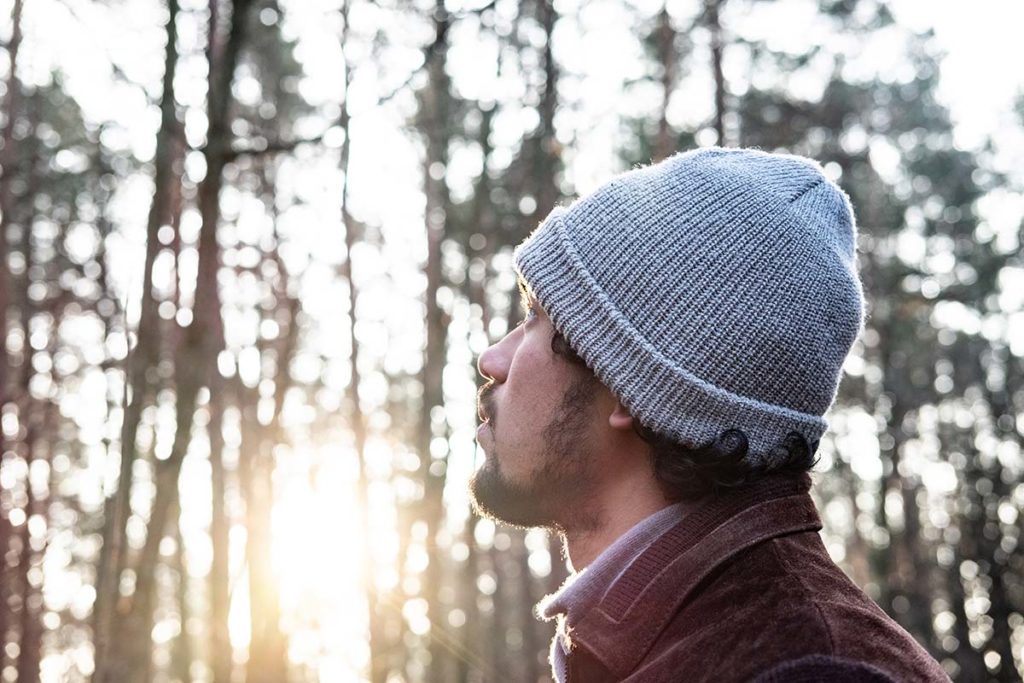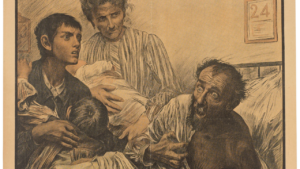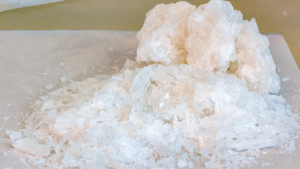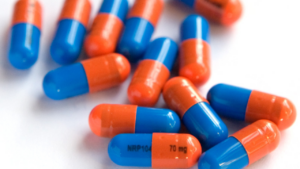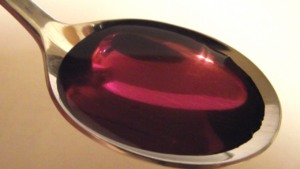The chemical compounds in drugs and alcohol have a powerful impact on the brain. Some drugs are more harmful to the brain than others, but addiction to any substance affects brain health. At The Bluffs, our drug addiction treatment programs are designed to help restore brain health. Call The Bluffs today at 850.374.5331 to learn more.
Does the Brain Heal After Using Drugs?
Prolonged substance use causes the brain to reduce its natural production of chemical messengers called neurotransmitters, essentially changing the way the brain functions. However, most of the physical damage caused by drug or alcohol addiction can be healed, including brain damage.
How the Brain Heals
How does the brain heal after using drugs? Outcomes depend on the type and amount of damage that has been done, but healing the brain after using alcohol or drugs is possible due to adaptability. The brain’s neuroplasticity (adaptability) means that, while the brain can learn bad habits, it can also unlearn them.
The brain may be easily damaged, but it is also durable and capable of repairing itself under the right circumstances.
Signs of Brain Damage from Substance Use
There are several signs you may have substance-related brain damage, including:
- Memory loss
- Poor concentration
- Confusion
- Hallucinations
- Mood swings
- Poor judgment
- Cognitive deficits
- Depression
- Apathy
- Constant fatigue
- Aggressive behavior
Fortunately, there are steps you can take to repair this damage.
Healing the Brain after Using Alcohol or Drugs
Individuals who are concerned about brain damage must already be aware that their substance use has reached a dangerous level. Getting appropriate addiction treatment is the most important step to recovering brain health.
It’s wise to opt for medically supervised detox at a qualified treatment center. Without proper care, detoxing can endanger your health.
Lifestyle Changes for Brain Health
Eat a healthy diet full of whole, unprocessed foods, healthy oils, and a variety of fresh fruits and vegetables to support brain health and restore your body.
Learn how to cope with stress. Chronic stress can damage the brain, so replacing unhealthy habits like drug use with good habits like daily meditation helps on all levels of recovery.
Read and do puzzles or number games to help the brain repair its pathways. It may be difficult to focus on these tasks early in recovery, but it will get easier with practice.
Sleep eight to 10 hours a night. People in recovery require more rest because their entire system is healing.
Keep Your Brain Active
Pursue new hobbies, such as playing a musical instrument or learning a new language. Complex tasks like these help the brain become stronger in the same way that exercise makes muscles stronger.
Don’t forget to have fun. Laughter promotes the natural production of pleasure-enhancing neurochemicals and relieves unhealthy tension. Spend time with supportive family and friends and engage in activities you enjoyed before addiction took over your life — or find new ones.
Learning to reward your brain without the use of drugs or alcohol not only feels good in the moment but also helps repair the damage to neuropathways.
Consider a Therapeutic Approach
Participate in cognitive-behavioral therapy (CBT). This specific therapeutic approach not only teaches you to change negative thought patterns but it also supports growth in the brain’s neural network.
Find Comprehensive Healing Programs at The Bluffs
Repairing the brain takes patience and participation. There is no miracle “cure,” and it doesn’t happen overnight. A physical and psychological evaluation is necessary for your medical team to fully assess any damage and create a treatment program that is customized for your specific needs.
At The Bluffs, we take a whole-person approach to addiction treatment. Our therapies, including our nutritional program, are designed to help you recover on all levels. If you’d like more information about how you can heal your brain after addiction, call The Bluffs at 850.374.5331.
